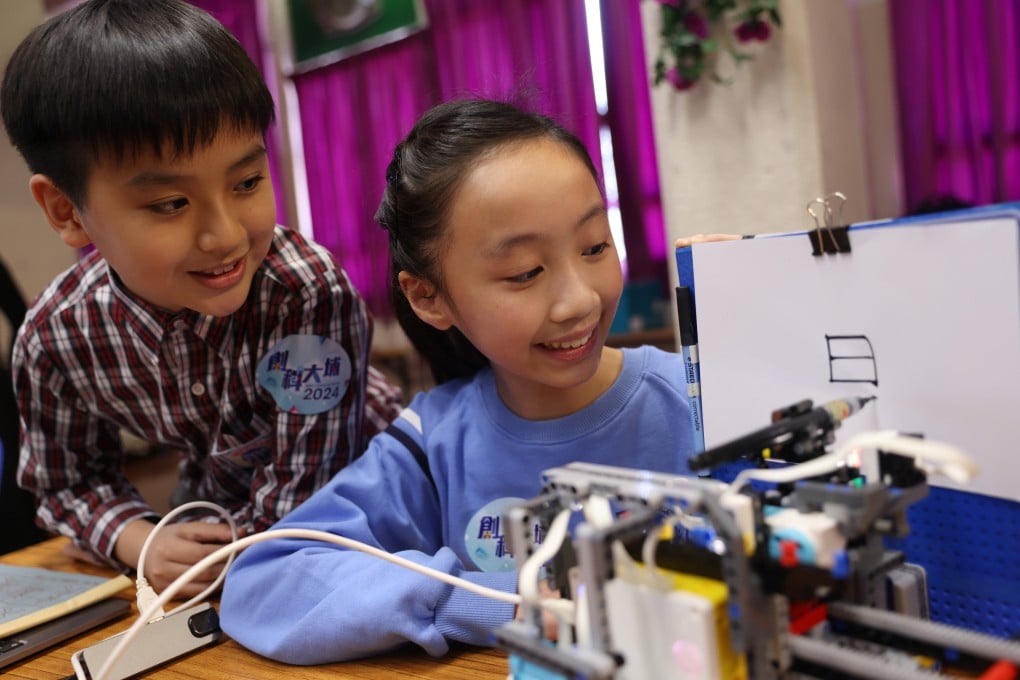Advertisement
Opinion | How Hong Kong can encourage the next generation of problem-solvers
- Interdisciplinary approaches to education have gained traction in Hong Kong but more support for teachers is needed to overcome challenges
- Incorporating geospatial awareness will help young people solve real-world problems and meet the challenges of smart-city development
Reading Time:3 minutes
Why you can trust SCMP
0

On February 27, the demonstration flight of an air taxi from Shenzhen to Zhuhai took just 20 minutes, faster than the three-hour journey by land. If the service is approved for operation, a one-way ticket is estimated to cost up to 300 yuan (US$42) per passenger. This would mean a more comfortable, faster and still affordable option for residents within the Greater Bay Area development zone.
Consulting firm McKinsey estimates that we will need at least 60,000 new air taxi pilots worldwide by 2028. Air taxis are part of the emerging low-altitude economy which could be worth US$9 trillion by 2050, according to investment bank Morgan Stanley.
Whether it’s driverless cars, artificial intelligence, the metaverse or the low-altitude economy, the evolution of technology has raised people’s expectations. Hong Kong is not only taking on the mission of becoming a global innovation and technology (I&T) hub, but also playing the roles of “superconnector” and “super value-adder”.
As a teacher, I think uplifting young people’s analytical and problem-solving skills is vital. STEM (science, technology, engineering and mathematics) education was proposed as one of the eight major directions to promote I&T development in the 2017 policy address.
Since 2016, funding has been allocated for primary and secondary schools to strengthen STEM and later STEAM with the addition of letter “a” for the arts.
STEAM education’s goal is to promote problem-solving, innovative thinking and practical skills by integrating and applying multidisciplinary knowledge. We should not expect quick success but with billions of public funds being invested, the effectiveness of STEAM is undoubtedly gaining traction.
Advertisement
Select Voice
Choose your listening speed
Get through articles 2x faster
1.25x
250 WPM
Slow
Average
Fast
1.25x
